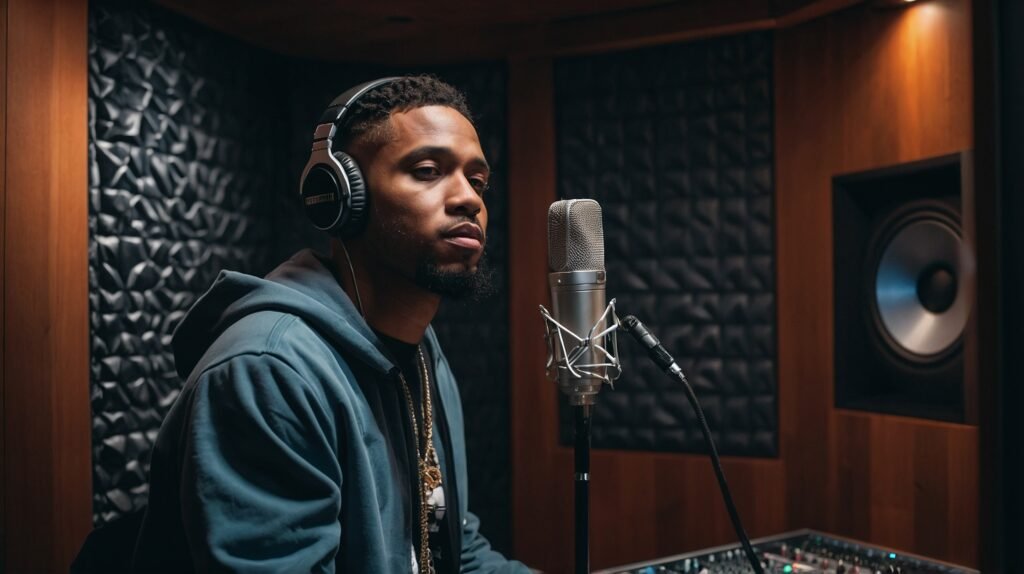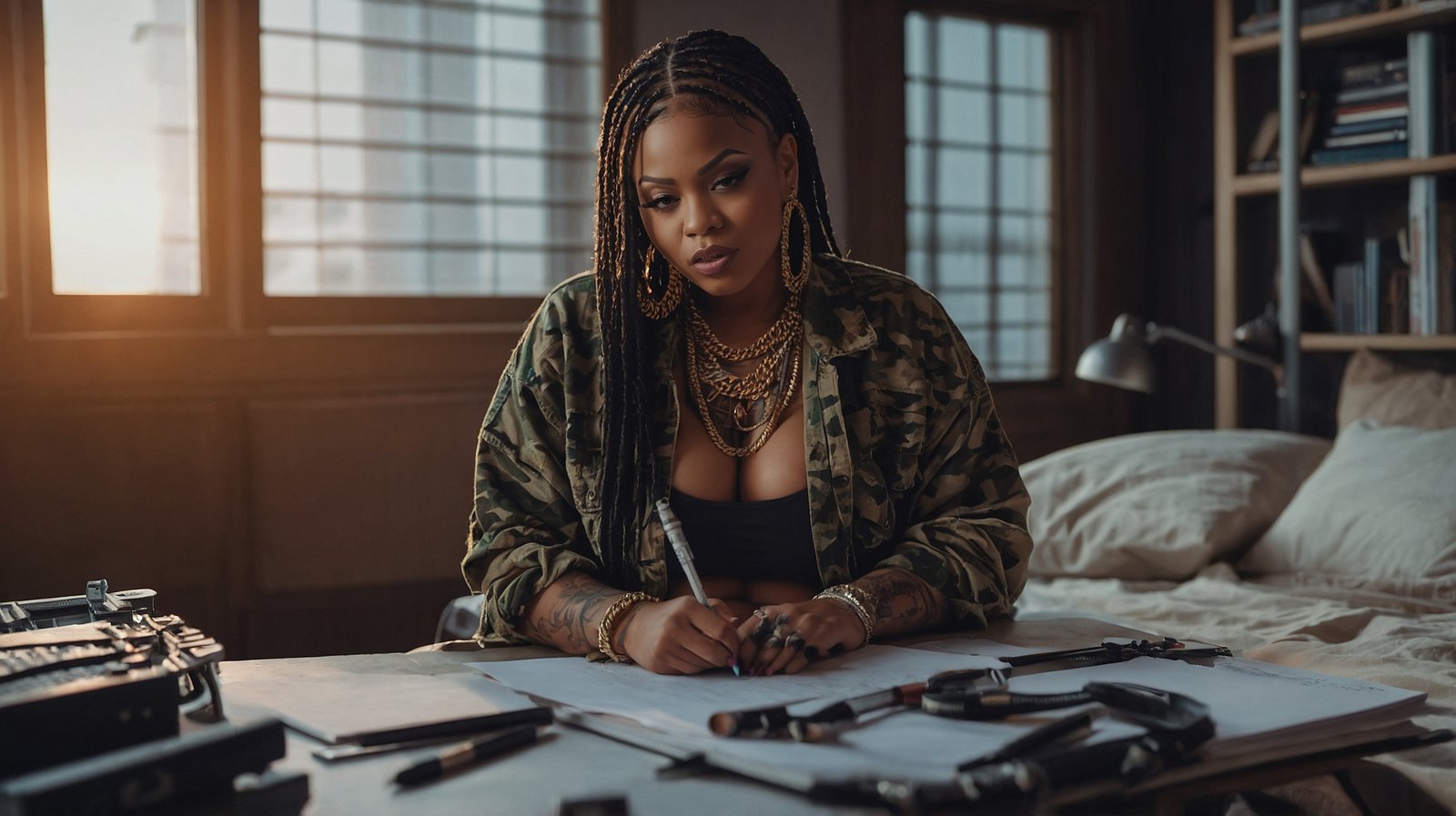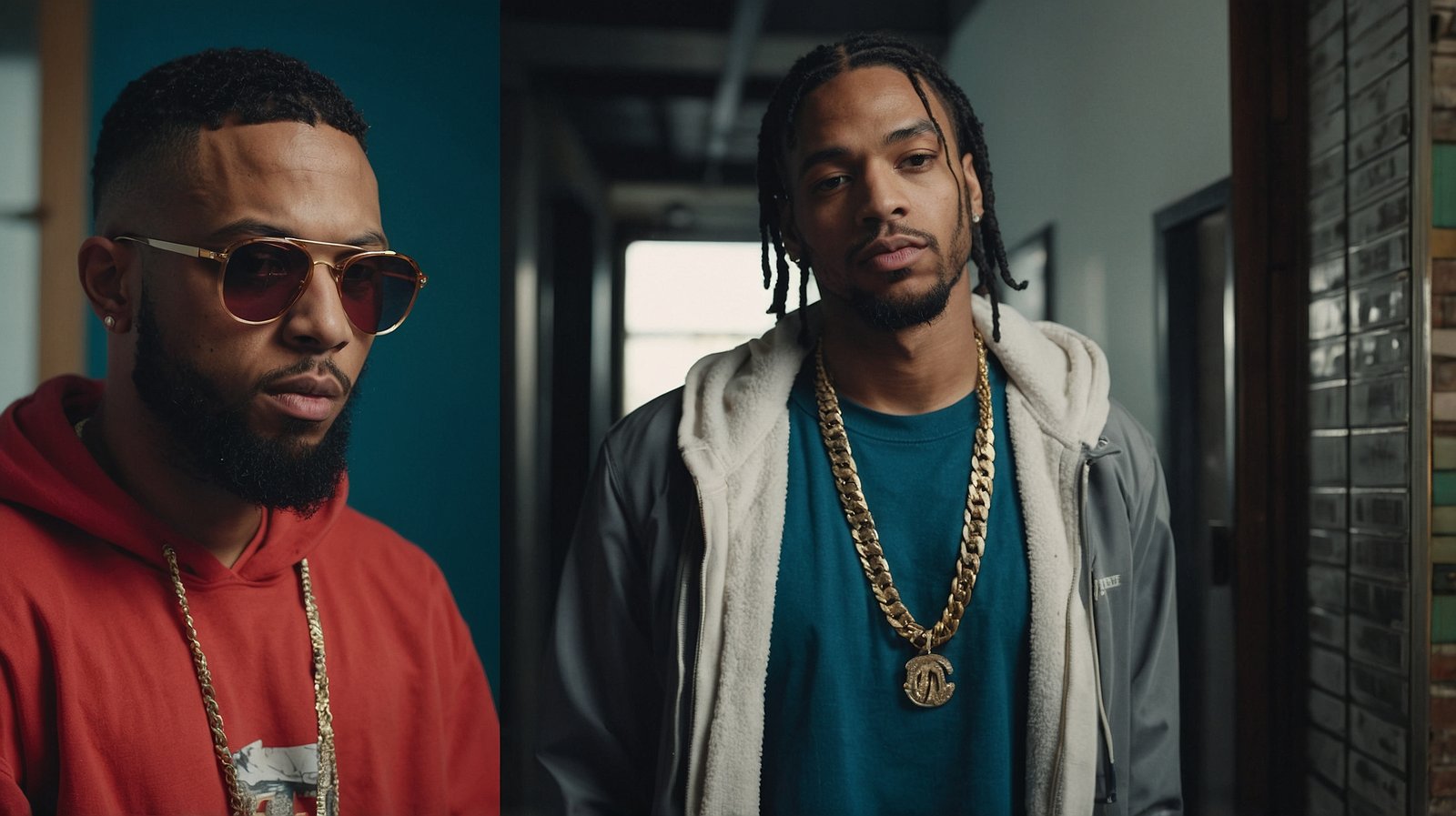If you’re an independent artist looking to purchase beats, understanding beat licensing is crucial. Without the proper license, you could face copyright claims, takedowns, or even legal trouble.
But with so many licensing terms floating around, how do you know which one is right for you? Should you get a Standard (Non-Exclusive) License or invest in an Exclusive License? 🤔
This guide will break down the differences between these two options so you can make the best decision for your career.
What is Beat Licensing?
Beat licensing is a legal agreement between a producer (Licensor) and an artist (Licensee) that grants permission to use an instrumental (beat) under specific conditions.
When you purchase a beat, you’re not buying the beat itself—you’re buying a license to use it within certain limits. The type of license you choose will determine:
✅ How many copies you can sell
✅ Where and how you can distribute your song
✅ Whether you have to share royalties
✅ If other artists can use the beat, too
The two most common types of licenses are:
1️⃣ Standard (Non-Exclusive) License – More affordable but shared with multiple artists.
2️⃣ Exclusive License – More expensive but grants full ownership of the beat.
Let’s break down each type in detail.
Standard (Non-Exclusive) License: The Affordable Option for Independent Artists
A Standard License is perfect for artists who:
✔️ Want an affordable way to use a beat legally.
✔️ Are releasing mixtapes, singles, or promotional content.
✔️ Are testing the market before committing to an exclusive purchase.
What You Get with a Standard License
When you buy a Standard License, you get:
✅ A high-quality file of the beat (MP3/WAV).
✅ Permission to record vocals and create a song (New Song).
✅ Limited rights to distribute, perform, and monetize your song.
However, the producer retains ownership of the beat and can continue selling it to other artists.
Usage Limits in a Standard License
- Sales & Streaming: Limited copies.
- Streaming Revenue: Limited audio streams.
- Music Videos: Limited monetized video streams.
- Live Performances: Allowed at limited for-profit performances.
- Radio Play: No radio stations.
Key Restrictions
❌ You cannot resell or transfer the beat.
❌ You cannot use the beat in TV, film, or advertisements.
❌ You cannot claim full ownership of the instrumental.
❌ You cannot register the beat with YouTube Content ID, TuneCore, or similar services.
Who Should Get a Standard License?
A Standard License is great for artists on a budget who want to release music legally but don’t need full exclusivity. However, if you want unlimited rights and full ownership, you’ll need an Exclusive License.
Exclusive License: Full Ownership & Unlimited Rights 🎧🔥
An Exclusive License is perfect for artists who:
✔️ Want sole ownership of a beat.
✔️ Plan to release commercial music and monetize their song fully.
✔️ Want to register their song with a PRO (ASCAP, BMI, SESAC).
What You Get with an Exclusive License
✅ Full ownership of the master recording (your final song).
✅ Unlimited rights to sell, stream, and distribute your song.
✅ No expiration date—the license lasts forever.
✅ The beat is removed from sale (no one else can buy it).
✅ Ability to register the song with Content ID (YouTube, TuneCore, etc.).
Usage Limits in an Exclusive License
With an Exclusive License, there are NO LIMITS on:
✔️ Sales & Distribution – Sell unlimited copies.
✔️ Streaming – Unlimited streams on Spotify, Apple Music, etc.
✔️ Music Videos – Unlimited monetized video streams.
✔️ Live Performances – Unlimited for-profit performances.
✔️ Radio Play – Unlimited radio stations.
✔️ Sync Licensing – Use the song in TV, films, ads, and commercials (with proper splits).
Ownership & Royalty Splits
Even though you own the master recording, the producer still retains a share of the publishing rights. Here’s how it works:
📌 Mechanical Royalties – 90% to Artist / 10% to Producer.
📌 Performance Royalties (ASCAP, BMI, etc.):
- 50% Songwriter Royalties to Artist / 50% to Producer.
- 50% Publishing Royalties to Artist or Label / 50% to Producer.
📌 Producer Credit – You must credit the producer as “Produced by AR$ NOVA” on all releases.
Who Should Get an Exclusive License?
An Exclusive License is best for serious artists who:
✔️ Want complete control over their song.
✔️ Plan to register their music with a PRO and collect full royalties.
✔️ Are releasing singles, albums, or music for sync (TV, film, commercials).
Standard vs. Exclusive License: Which One Is Right for You?
| Feature | Standard License 🏷️ | Exclusive License 🎤 |
|---|---|---|
| Ownership | Producer retains ownership | Artist owns master recording |
| Sales & Streams | Limited | Unlimited |
| Can Others Use It? | Yes, beat is resold | No, beat is removed from sale |
| Expiration Date | 4 Years | No expiration |
| Can Modify Beat? | Yes | Yes |
| Monetization Rights | Limited | Unlimited |
| Can Use for TV/Film? | No | Yes (with splits) |
| Can Register with PRO? | No | Yes |
| Royalty Splits? | No royalties required | Mechanical & performance royalties to producer |
💡 Quick Tip: If you’re an artist just starting out, a Standard License is a great, affordable way to get legal rights to a beat. But if you’re serious about making money from your music, an Exclusive License is the way to go.
Final Thoughts: Secure the Right License for Your Music Career
Understanding Standard vs. Exclusive Licensing is crucial for artists who want to avoid copyright issues and maximize their earnings.
✅ Standard License – Best for budget-conscious artists who need a legal way to release music.
✅ Exclusive License – Best for serious artists who want full ownership and unlimited rights.
If you’re ready to take your music to the next level, make sure you choose the right license that aligns with your goals.



